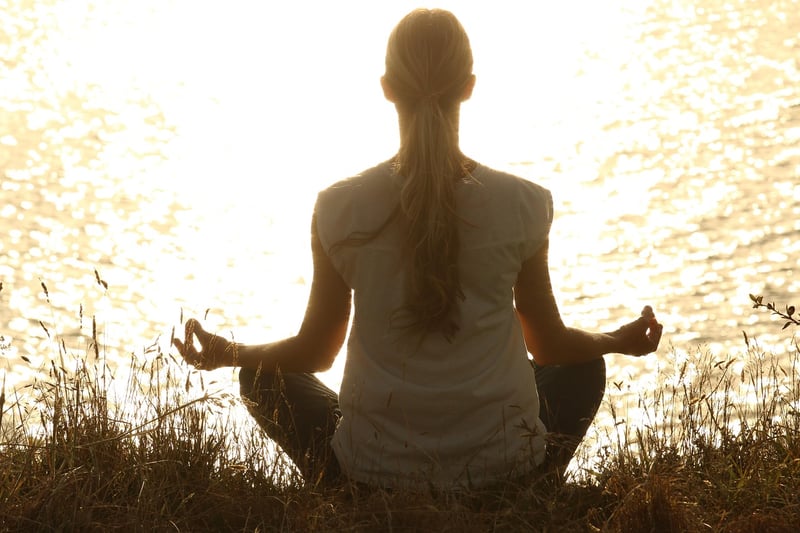Restorative Practices
The Importance of Physical and Mental Well-being
In today's fast-paced world, it's easy to overlook the significance of taking care of both our physical and mental well-being. However, maintaining a healthy balance between the two is crucial for overall wellness and happiness.
Physical Well-being
Physical well-being encompasses aspects such as regular exercise, proper nutrition, adequate sleep, and avoiding harmful substances. Engaging in physical activities not only improves our physical health but also boosts our mood and reduces stress.

Benefits of Physical Activity:
- Strengthens muscles and bones
- Enhances cardiovascular health
- Improves flexibility and balance
- Boosts overall energy levels
Mental Well-being
Mental well-being is equally important and involves taking care of our emotional and psychological health. This includes managing stress, seeking support when needed, practicing mindfulness, and engaging in activities that promote mental clarity.

Ways to Improve Mental Health:
- Practice relaxation techniques like meditation or deep breathing
- Stay connected with friends and family
- Seek professional help if experiencing persistent negative emotions
- Engage in activities that bring joy and fulfillment
Restorative Practices
Restorative practices are activities that help restore and rejuvenate both our physical and mental well-being. These can include yoga, tai chi, spending time in nature, journaling, or engaging in creative pursuits.

Benefits of Restorative Practices:
- Reduces stress and anxiety
- Promotes relaxation and mental clarity
- Enhances overall well-being and happiness
- Fosters a sense of inner peace and balance
Remember, prioritizing your physical and mental well-being through restorative practices is not a luxury but a necessity for leading a fulfilling and healthy life. Take the time to care for yourself, and you'll reap the benefits in all areas of your life.
